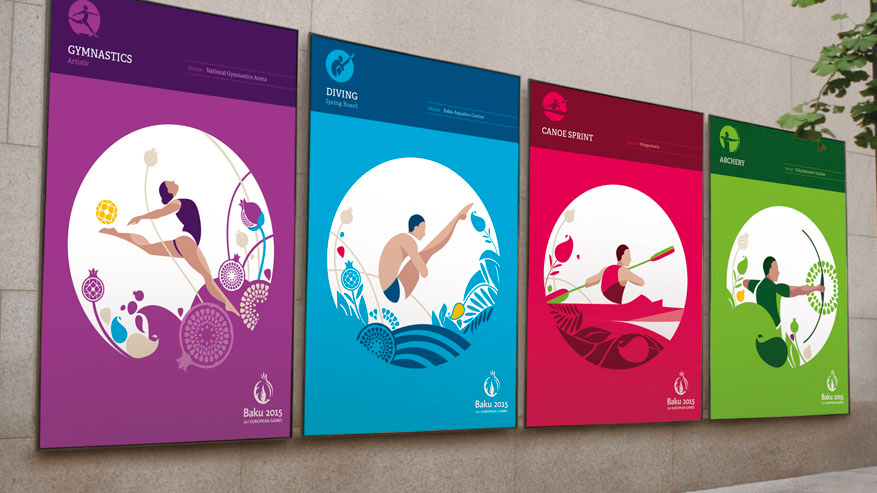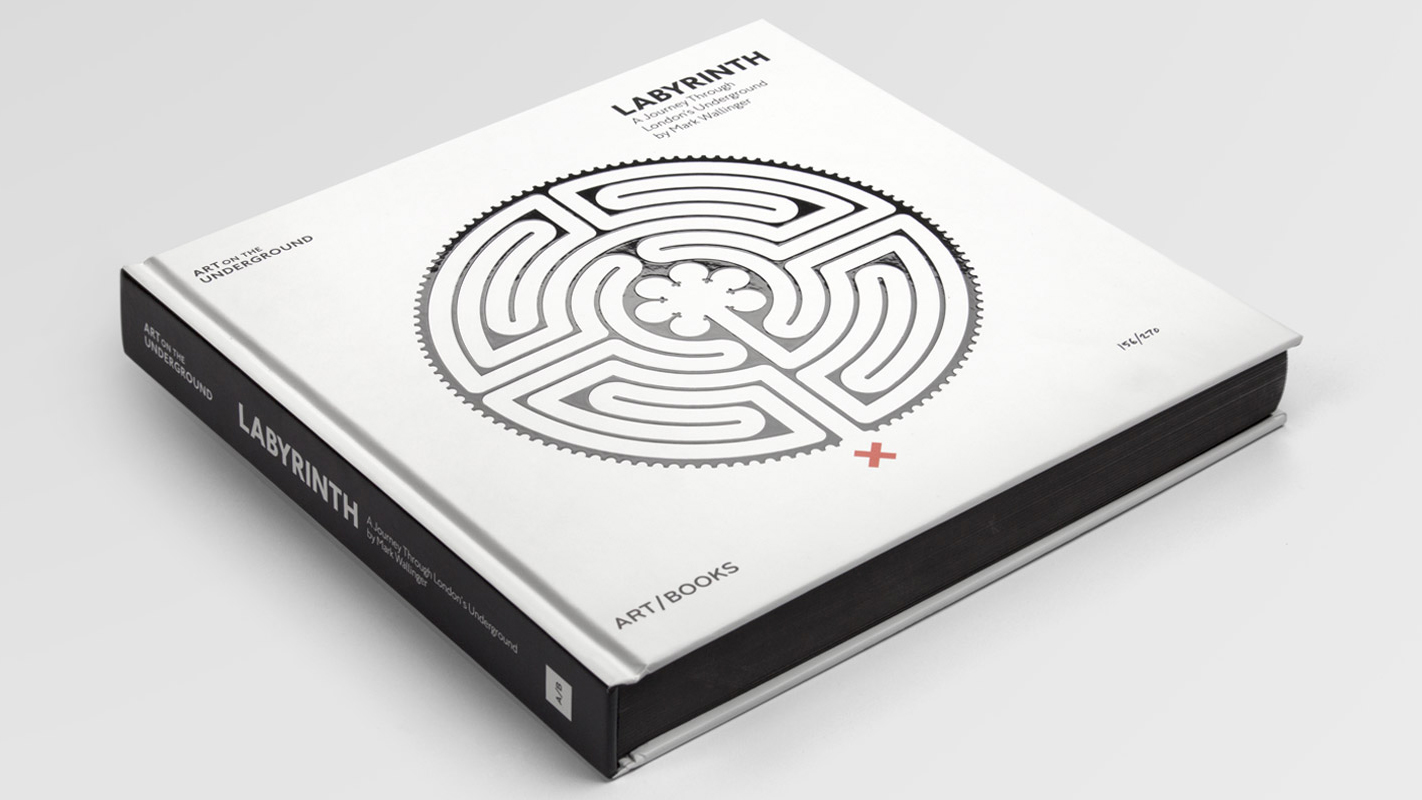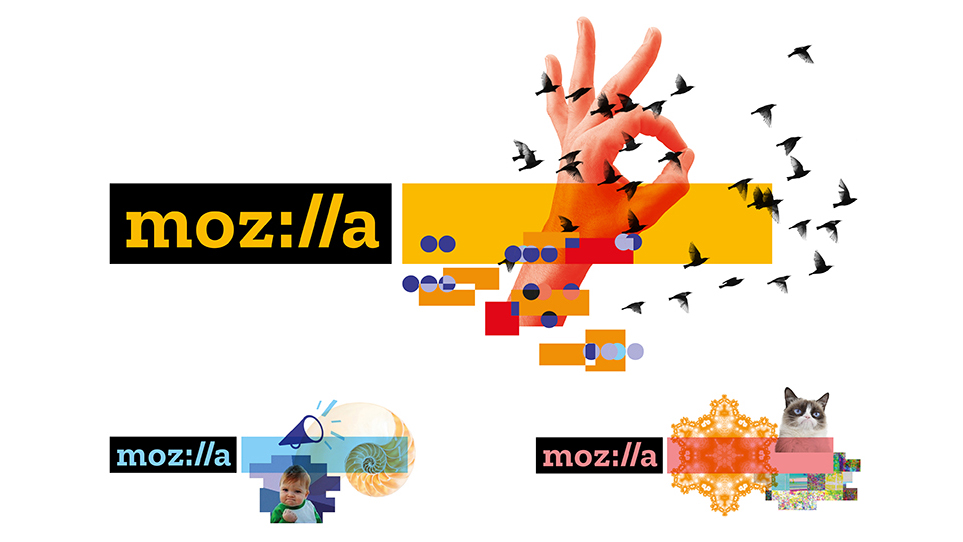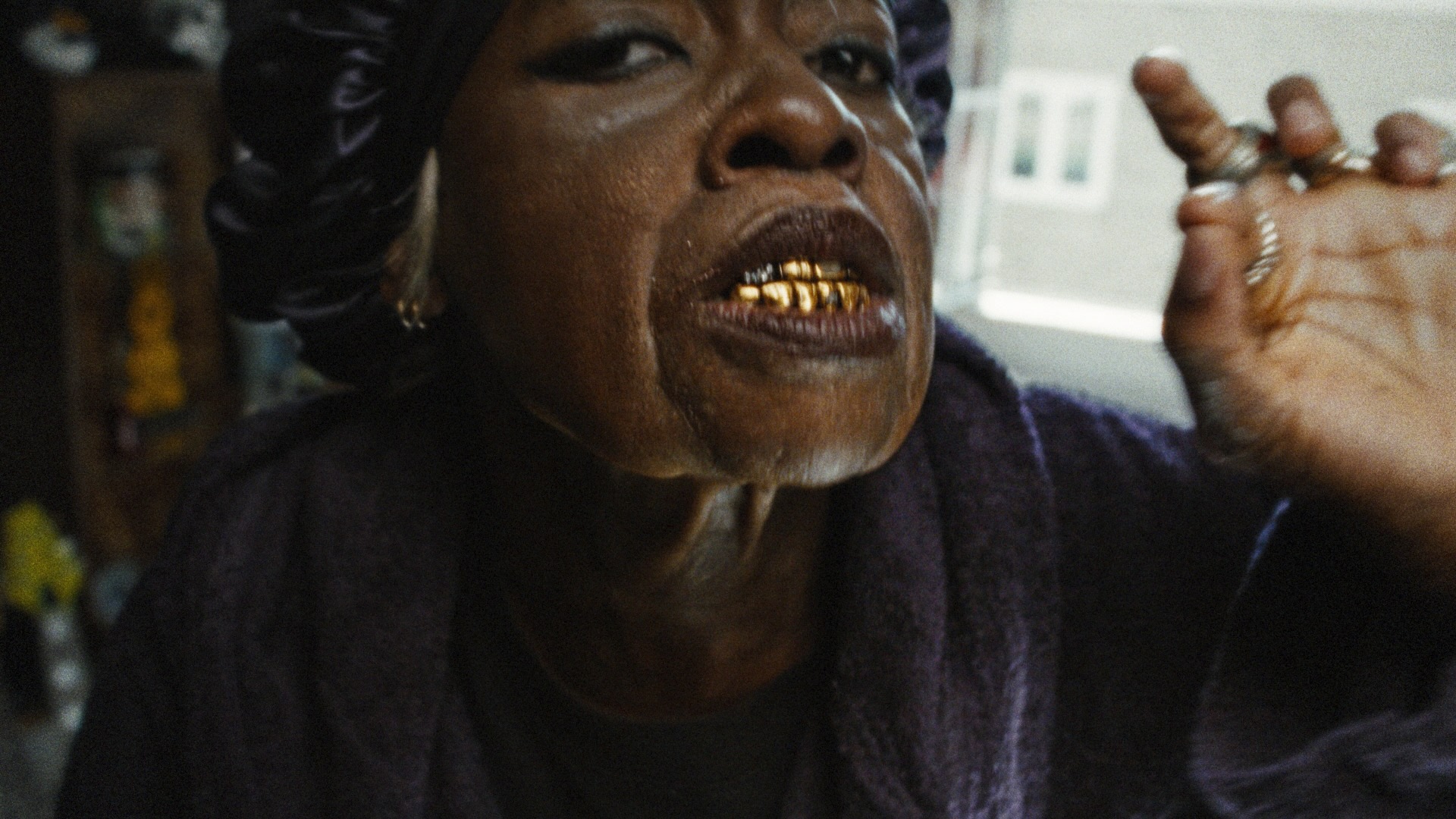The designer’s guide to Brexit
Strap in and prepare yourself for the unknown future of life outside the EU with our pro advice.
Recruitment is a concern for the design industry in a post-Brexit world: rather like the Premier League football clubs that wow audiences around the globe, many of the UK’s world-class agencies have recruited from a Europe-wide talent pool to build a winning team.
With immigration one of the top bones of contention in the EU referendum campaign, the question of freedom of movement is critical – not just for the risk of discouraging new recruits from crossing the Channel, but potentially for driving existing staff back to their countries of origin.
Here, we explore how Brexit has impacted recruitment and retention of staff so far, and how you can prepare for different eventualities.
Free movement under debate
According to EU law expert Michael Dougan, the Government simply can’t have its cake and eat it: “As the European Council has repeatedly affirmed, no relationship – no matter how close – can offer the same benefits as EU membership,“ he insists.
Retaining access to that all-important Single Market for trade without agreeing to free movement – not to mention conforming with the EU’s various regulatory standards – Dougan considers impossible.
“The EU will insist on a level playing field in areas such as competition and state aid,” he adds. “It will safeguard against unfair competitive advantages regarding tax, social and environmental dumping, for instance. And the UK will pay for such privileges, just like everyone else has to.”
These are, says Dougan, basic and inescapable facts: “And yet, the UK Government continues to make fantastical demands in one breath, while laying down ‘red lines’ about immigration and judicial supervision in the next,” he adds, “apparently oblivious to the price that must be paid.”
Get the Creative Bloq Newsletter
Daily design news, reviews, how-tos and more, as picked by the editors.
Clearly, while negotiations are in progress we are in no position to guarantee whether free movement will continue for your staff – but we can provide some advice for staying on top of your game, whatever happens...
Try to boost staff morale
On the morning of 24 June 2016, EU citizens living and working in the UK had an extra wave of insecurity about their personal situations, and in design studios up and down the country, the fear was palpable.
“They were anxious and concerned for their futures in the UK, unsurprisingly,” recalls Rose Design’s Simon Elliott.
Likewise, the atmosphere at Taxi Studio was “a tangible sense of disappointment”, adds Adam Ray.

But for SomeOne's Simon Manchipp, it’s about maintaining a positive attitude and confidence in the face of that uncertainty: “Most have laughed it off,” he shrugs. “They know their talents outshine their passport. They could work anywhere on the planet.”
Focus on talent, not location
The ‘brain drain’ effect has started in places: Rose has lost staff since the vote. “This time last year, nearly 50 per cent of our team were originally from EU countries,” reveals Elliott. “Several have left us, not entirely on account of the vote, but it was a contributing factor.”

Not only is existing EU talent departing the UK, but in some cases they are applying in smaller volume for jobs in the first place: a phenomenon that Sue Strange has seen over the past year at Music.
Interestingly, Johnson Banks has observed the polar opposite effect: “We’ve had a huge influx of applications from Europe,” reveals creative director Michael Johnson. “Applying before the wall goes up, perhaps?”
A diverse talent pool to draw from can only be a good thing, but Ray points out that country of origin is only one factor. “We’d never make a concerted effort to recruit from a certain geography. Portfolio and personality are far more important,” he adds.
Cast the net even wider
Of course, if talent comes first then it follows that agencies should look globally, visas permitting. “We have a wide mix of people, from Malta to Malaysia,” declares Manchipp. “Diversity is important to have in any creative business, as it contributes to a richer outcome.”
Like SomeOne, Johnson Banks works with clients around the world, and its recruitment policies are likewise very open-minded. “We’re still mostly British, but have taken freelance and permanent staff from further afield: the USA, Singapore, Sri Lanka, New Zealand,” reveals Johnson.

With less than 10 staff at any one time, Johnson Banks is tiny compared to a global branding behemoth like Landor, for which the global nature of its network is reflected in the staff.
“It’s a healthy mix from all over the place, which reflects our mix of clients,” confirms Peter Knapp.
Don’t neglect the grass roots
Recruitment of fully-fledged designers from overseas is one thing, but if Brexit has a sway on international student numbers, it could also have a knock-on effect further down the line.
Strange has already observed a sharp decline in international students, and Johnson considers the potential impact of Brexit on education to be “significant”.
But Mark Bonner and Simon Manchipp contend that students will continue to be drawn to the top design colleges.

“The quality of education in the UK is a beacon, and will still be highly prized on a global stage,” argues Manchipp. “The mix of students may alter, but I've been seeing a steady rise in students from Korea, China and India prior to any mention of Brexit anyway.”
“If the UK’s reputation is maintained, students will still want to be educated in one of the world’s strongest creative cultures,” adds GBH's Bonner, “regardless of our political and economic affiliation with the EU.”
He cautions, however, that the current government’s lack of recognition of creative industries as key economic drivers – and an accompanying lack of investment in the arts – is in many ways a much bigger long-term concern than Brexit on this front.
Next page: What Brexit means for winning and retaining clients

Thank you for reading 5 articles this month* Join now for unlimited access
Enjoy your first month for just £1 / $1 / €1
*Read 5 free articles per month without a subscription

Join now for unlimited access
Try first month for just £1 / $1 / €1
Current page: Brexit: Design jobs and recruitment
Prev Page What Brexit means for designers Next Page Brexit: Winning and retaining clients
Nick has worked with world-class agencies including Wolff Olins, Taxi Studio and Vault49 on brand storytelling, tone of voice and verbal strategy for global brands such as Virgin, TikTok, and Bite Back 2030. Nick launched the Brand Impact Awards in 2013 while editor of Computer Arts, and remains chair of judges. He's written for Creative Bloq on design and branding matters since the site's launch.
